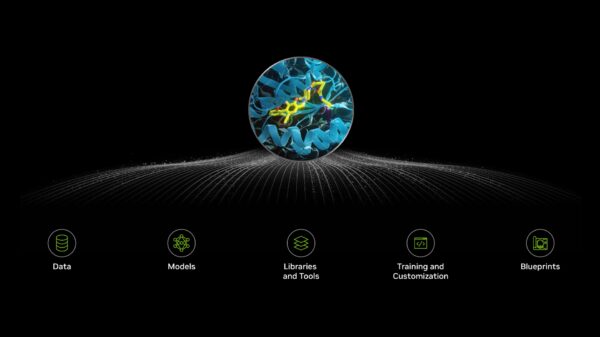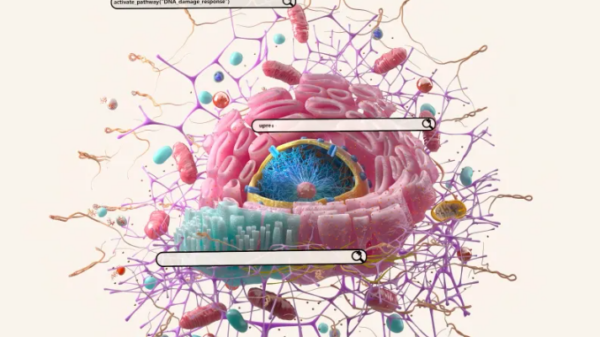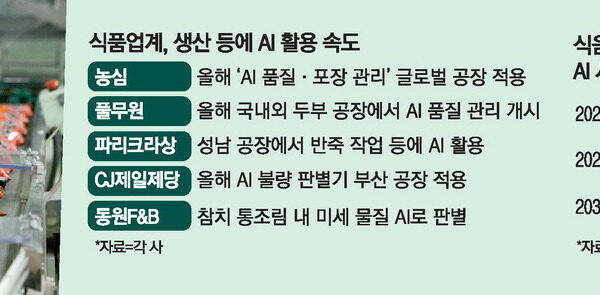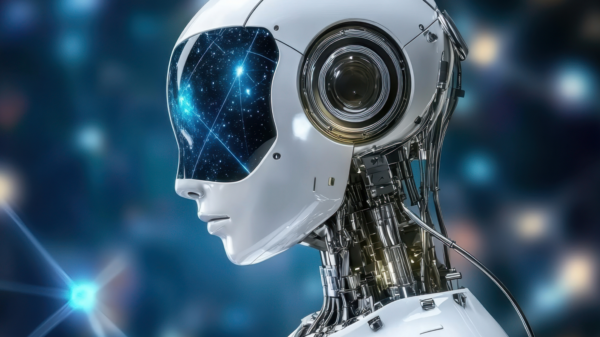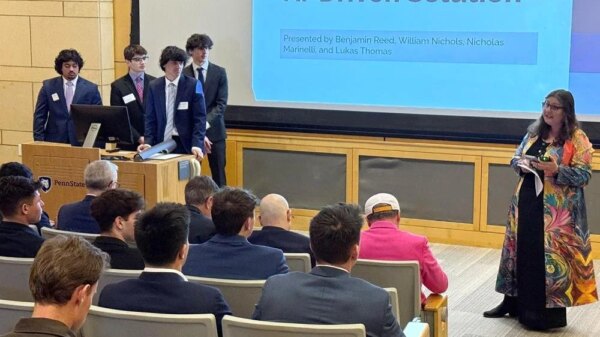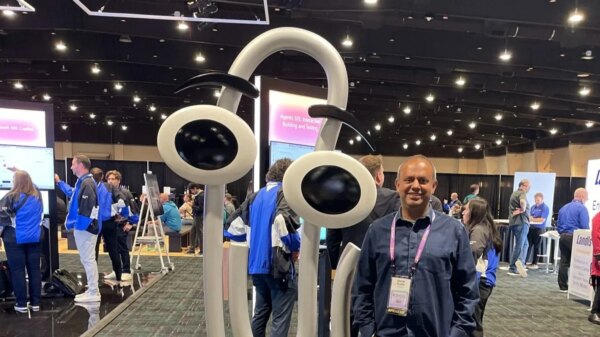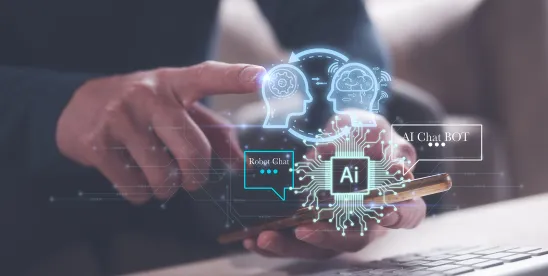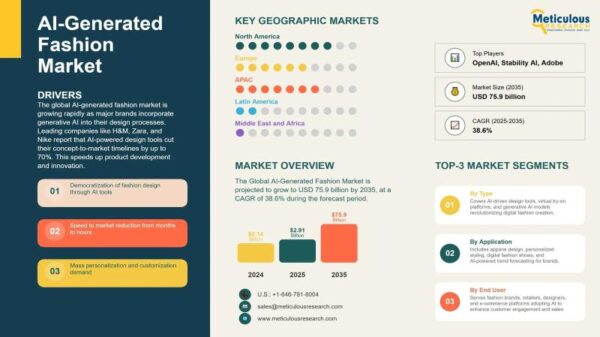In today’s digital landscape, the influence of artificial intelligence (AI) permeates nearly every area of society, including higher education. A recent study by Eleje et al. reveals the transformative potential of AI adoption in Nigeria’s educational sector. This research highlights how institutions are leveraging innovative technologies to improve learning experiences, enhance administrative efficiency, and extract valuable insights through data analytics. As Nigeria faces the challenges of educational reform, understanding the implications of AI integration is crucial.
AI’s application in Nigerian higher education is not merely theoretical; it serves as a practical tool that personalizes learning experiences to meet diverse student needs. The study indicates that adaptive learning technologies, driven by AI, assess student data to tailor educational content, thereby improving academic outcomes. This personalized approach is especially critical in Nigeria, where educational backgrounds vary widely, allowing educators to effectively accommodate different learning paces.
Moreover, the research underscores AI’s role in enhancing administrative processes. Universities often grapple with bureaucratic challenges that impede academic advancement. By implementing AI, these institutions can automate various functions such as admissions, grading, and course scheduling, significantly alleviating staff workloads and reducing human error. This optimization paves the way for more effective resource management in education.
Data-driven decision-making is another significant aspect highlighted in the study. AI tools can analyze vast datasets, providing insights that inform policy development and institutional strategies. By examining student demographics and performance metrics, administrators can make informed decisions that enhance the academic environment, fostering a framework for growth and improvement.
However, the path to AI integration is fraught with challenges. The study addresses infrastructural limitations in Nigeria, which pose formidable barriers. Many institutions lack the necessary technological infrastructure to implement AI solutions fully, resulting in unequal access to these innovations and perpetuating existing inequalities in the educational sector. The authors of the research advocate for substantial investments in infrastructure development as a critical step towards equitable AI integration.
Training and expertise are also vital for successful AI adoption. The authors emphasize that without a sufficiently skilled workforce to interpret and leverage AI technologies, the potential benefits may remain unrealized. Consequently, educational institutions must invest in training programs designed to equip faculty and staff with the skills necessary to navigate this technological shift. This investment in human capital is essential for creating an environment where AI can thrive.
Furthermore, ethical considerations surrounding AI use in education are of utmost importance. The study highlights the necessity of establishing guidelines and policies to address the ethical implications of AI, such as data privacy, algorithmic bias, and the effects of automation on employment within educational institutions. By prioritizing these ethical aspects, stakeholders can foster a responsible approach to AI that nurtures trust and accountability.
Collaboration and Policy Frameworks
Collaboration among various stakeholders is crucial for the flourishing of AI in Nigeria’s higher education system. The study emphasizes the importance of partnerships between the government, the private sector, and academic institutions. Such multi-faceted collaboration can drive innovation, ensuring that AI solutions are not only technologically sound but also tailored to meet the specific needs of the Nigerian context.
The research also illustrates how robust policy frameworks can guide the adoption of AI technologies. Policymakers are urged to create clear guidelines that encourage experimentation with AI while safeguarding against potential risks. Legislative support is essential to foster an environment where educational institutions feel empowered to embrace these advancements without fear of crossing ethical boundaries.
International examples of successful AI integration in education serve as valuable references for Nigeria. The study explores global initiatives that demonstrate how other nations have effectively harnessed AI to transform their educational systems. By learning from these experiences, Nigerian institutions can sidestep common pitfalls and adopt best practices aligned with local needs.
Finally, the research emphasizes the necessity of considering the cultural context in which AI operates. Successful AI adoption must take into account the unique challenges and values inherent in Nigerian society. Tailoring AI solutions to reflect local languages, customs, and societal norms is essential for promoting widespread acceptance and ensuring that these technologies genuinely benefit the diverse student population.
As the discourse on AI in education evolves, the future holds both promise and uncertainty. The study by Eleje et al. provides a foundational understanding of the potential pathways ahead. While Nigerian universities face numerous challenges in integrating AI technologies, they must remain innovative, adaptive, and ethical in their methodologies. Embracing the opportunities presented by AI could lead to substantial advancements in teaching and learning, ultimately transforming the educational landscape for future generations.
In conclusion, the study articulates a comprehensive framework for understanding the multiple dimensions of AI adoption in Nigeria’s higher education sector. By focusing on personalized learning, administrative efficiency, ethical considerations, and stakeholder collaboration, there is a profound opportunity to reshape the educational experience for countless students. Although the journey may be challenging, the possibilities for innovation are boundless.
Subject of Research: Artificial intelligence adoption in higher education in Nigeria
Article Title: Artificial intelligence adoption in higher education in Nigeria
Article References: Eleje, L.I., Ezeugo, N.C., Esomonu, N.P.M. et al. Artificial intelligence adoption in higher education in Nigeria. Discov Artif Intell 5, 335 (2025). https://doi.org/10.1007/s44163-025-00452-0
See also WSU Secures $82,500 from Microsoft to Develop AI Strategies for Rural Schools
WSU Secures $82,500 from Microsoft to Develop AI Strategies for Rural Schools University of Iowa Launches AI Certificate Program Amid Growing Concerns Over Education Integrity
University of Iowa Launches AI Certificate Program Amid Growing Concerns Over Education Integrity ALX and Anthropic Launch AI Education Initiative in Rwanda, Integrating 2,000 Educators
ALX and Anthropic Launch AI Education Initiative in Rwanda, Integrating 2,000 Educators 51Talk Expands Globally, Leveraging AI to Enhance Education Delivery on NYSE TV
51Talk Expands Globally, Leveraging AI to Enhance Education Delivery on NYSE TV 51Talk Reveals Global Expansion Plans and AI Innovations in NYSE TV Interview
51Talk Reveals Global Expansion Plans and AI Innovations in NYSE TV Interview











